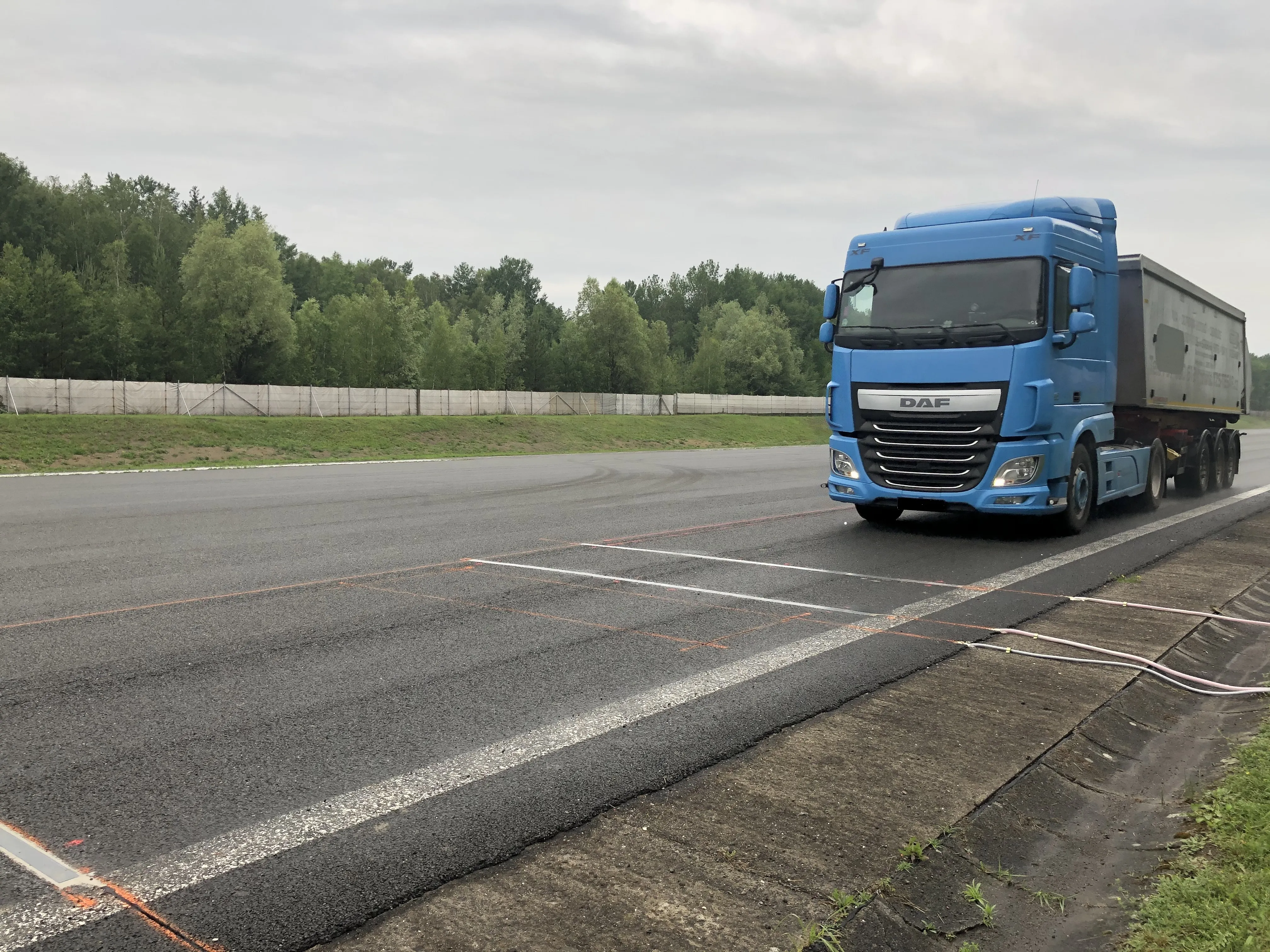International Road Dynamics (IRD) has been working with the Washington State Patrol (WSP) and the Washington State Department of Transportation (WSDOT) to support delivery of a customised weight enforcement and commercial vehicle inspection solution which integrates vehicle identification, credential screening and data collection for the Spokane Port-of-Entry (POE) Weigh Station on I-90. Yesterday, the station’s grand opening was held at the POE which is located on Interstate 90 one mile west of the Washing
June 14, 2012
Read time: 2 mins
IRD supplied and integrated its world-leading Single Load Cell and IRD-PAT Bending Plate weigh-in-motion (WIM) scales, AVI (automatic vehicle identification), tracking sensors, over-height detection, variable message signs (VMS), changeable message signs (CMS), side view enforcement cameras, and automatic licence plate readers (ALPR) with optical character recognition (OCR). All of the equipment is interfaced with IRD’s state-of-the-art iSinc controller electronics. The system provides WIM vehicle data that is used for the Washington State DOT Commercial Vehicle Information Systems and Networks (CVISN). This is the 12th weight enforcement site in Washington for which IRD has supplied components and systems.
“This technology gives our commercial vehicle enforcement officers the ability to focus on companies who try and dodge the rules and not maintain their trucks,” said Washington State Patrol Chief John R. Batiste. “Companies with solid track records of compliance will be allowed to continue on their way, with very little delay.”
As Terry Bergan, IRD’s president and CEO points out, at busy times, weigh stations are often overloaded and are forced to close while a back-log of trucks is cleared. “By combining vehicle weight and dimensions, as measured by IRD’s weigh-in-motion (WIM) systems, in conjunction with credential information such as the Washington State DOT CVISN data, the weigh station can focus on high risk vehicles, allowing carriers with good safety records and weight compliant trucks to bypass the weigh station. Not only does this greatly improve the operation of the weigh station, but it is of considerable benefit to the trucking industry, reducing wait times at weigh stations for reputable and cutting fuel bills and emissions in the process,” Bergan said.









